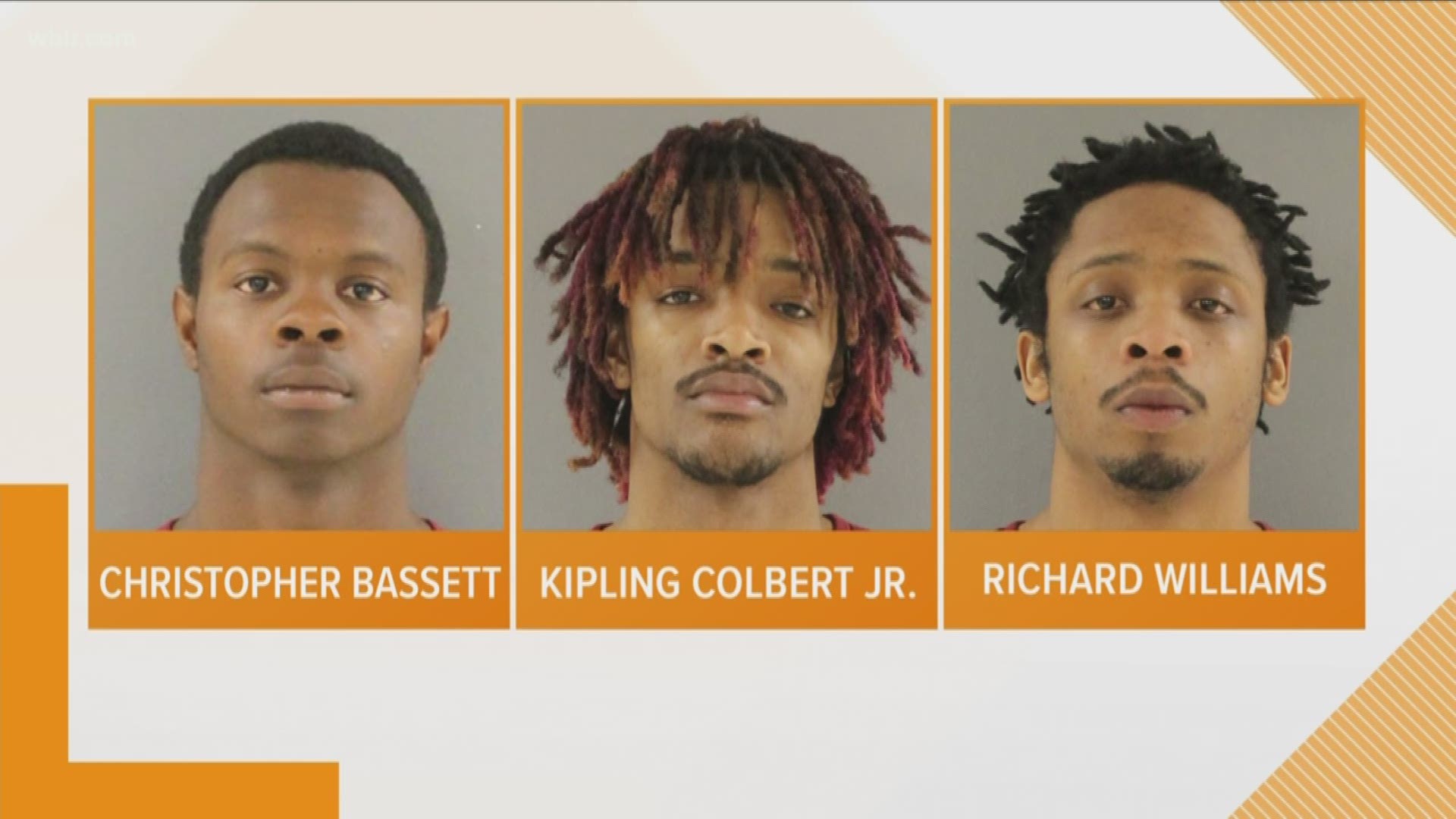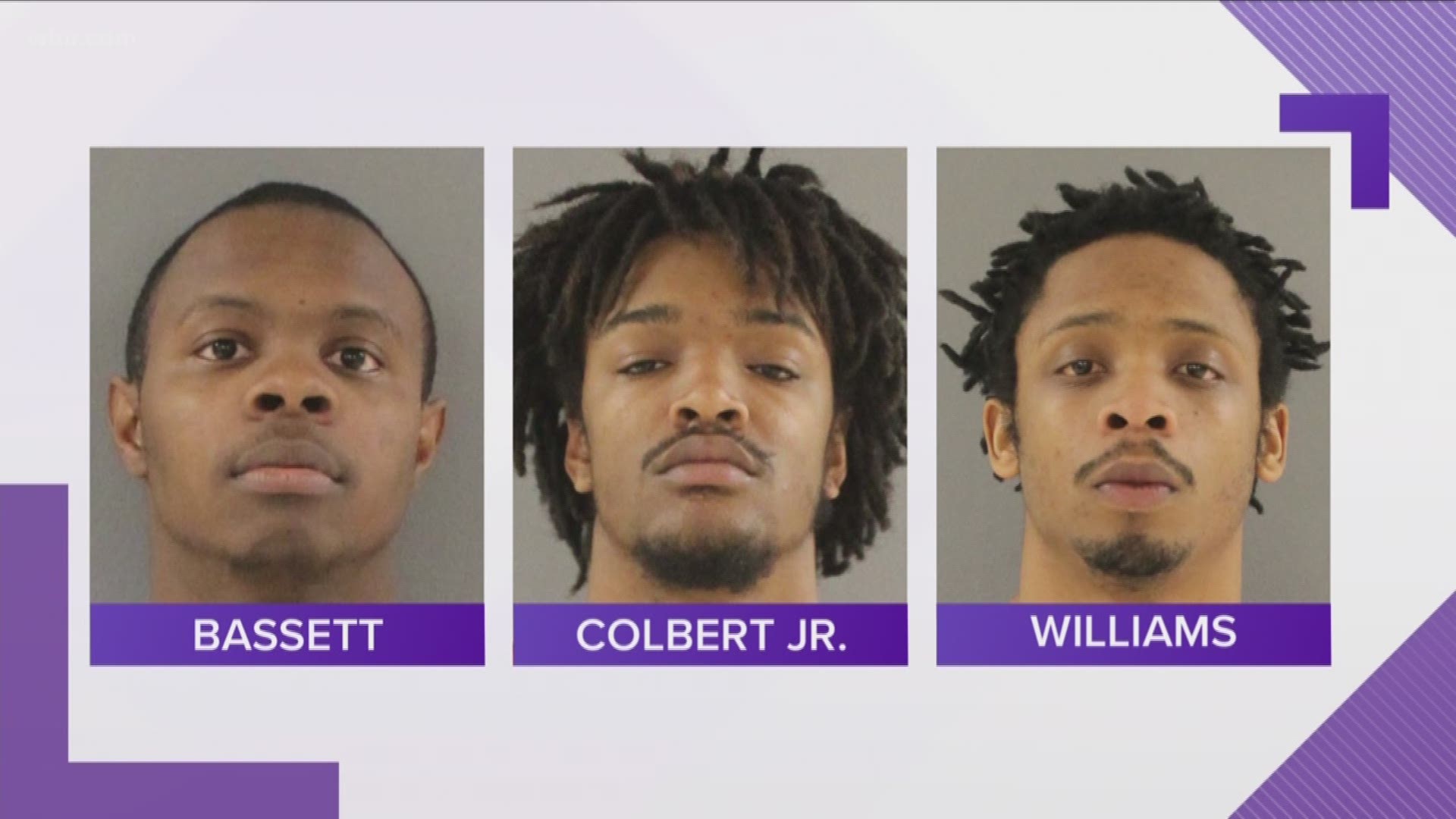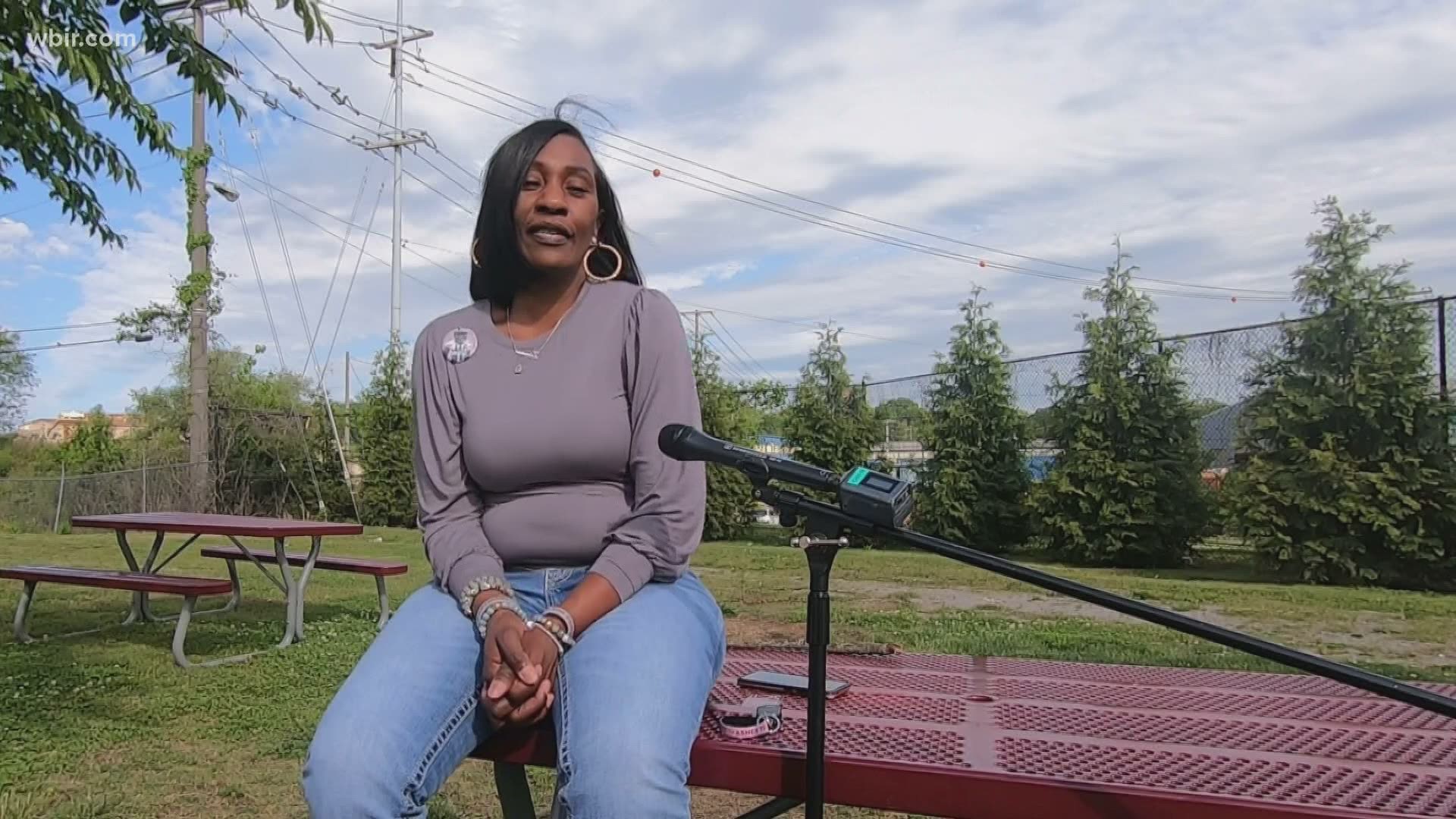KNOXVILLE, Tenn. — A rap video that showed three young men who were later convicted in the killing of a 15-year-old Fulton High School student took center stage Tuesday in a debate over whether it showed artistic expression or damning evidence of gang ties.
Knox County prosecutors introduced the video at trial in 2018 to help secure convictions against Kipling Colbert, Christopher Bassett and Richard Williams in the December 2015 killing of Zaevion Dobson.
Dobson was shot and killed while shielding friends when gunmen showed up in his Lonsdale neighborhood. The prosecution argued there'd been a number of gang-related disturbances the night Dobson, an innocent victim, was killed, and they said the video showed the defendants' interests in gang activities.
Defense attorneys, however, have consistently argued the video made some seven months before the Dobson killing had nothing to do with him and was merely an example of artistic expression.
The state, attorneys T. Scott Jones, Gerald Gulley and Rhonda Lee argue, used the rap video to scare Knox County jurors and insight prejudice against the defendants.
Bassett, Williams and Colbert, all in their 20s, are each serving more than 100 years in prison on a slew of counts in the case.
Jones argued on behalf of all three defendants Tuesday afternoon before a three-judge panel of the Tennessee Court of Criminal Appeals. Garrett Ward appeared on behalf of the prosecution.
"There is zero proof that anything occurred in that video that was actually fact," Jones said. "It was fiction."
Jones, who represents Bassett, said there was no proof his client had any gang ties and the video was just a way for the prosecution to create an "aura of fear" against the defendants.
He also said the men had a First Amendment right to take part in a fictional video, which they did.
Ward, however, said the video was relevant.

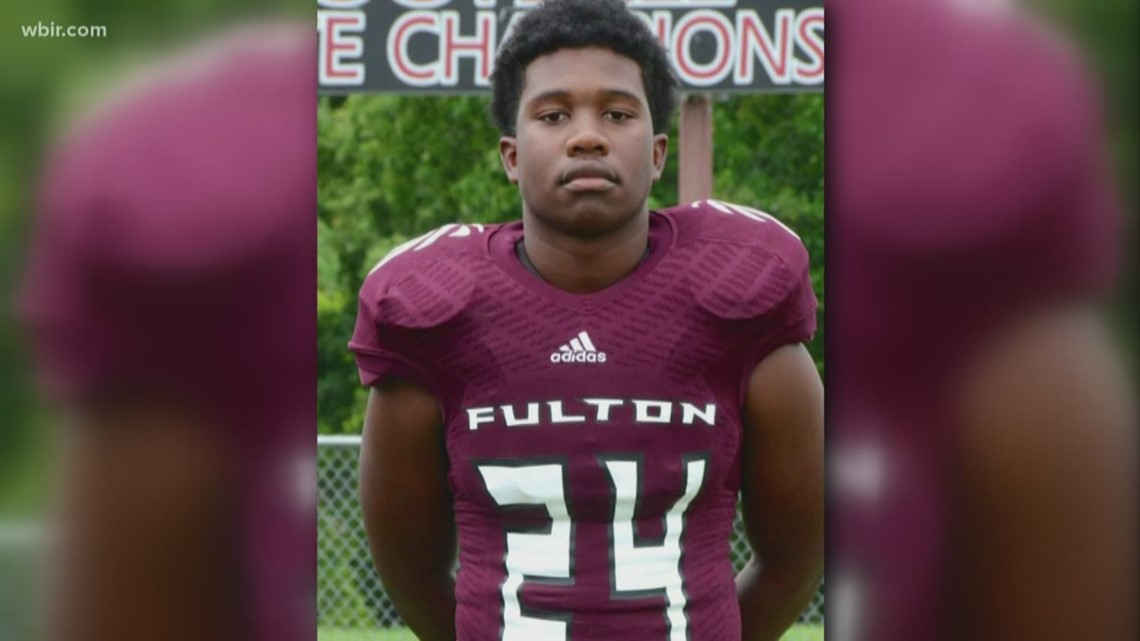
There'd been a number of gang-related crosstown shootings in the hours before the three headed over to Lonsdale and took part in Dobson's killing, he said. The people in the video use gang signs and flash gang colors associated with the Bloods street gang and rap about specific places in Knoxville, he argued.
Witnesses identified at least some of the defendants at trial from the video. Regardless of when it was made, it shows their ties to a gang, he argued.
"I think this video is highly relevant for the purpose of motive and identity," Ward told the panel.
Appellate judges Camille R. McMullen and J. Ross Dyer peppered each side with questions almost as soon as they started presenting their case Tuesday.

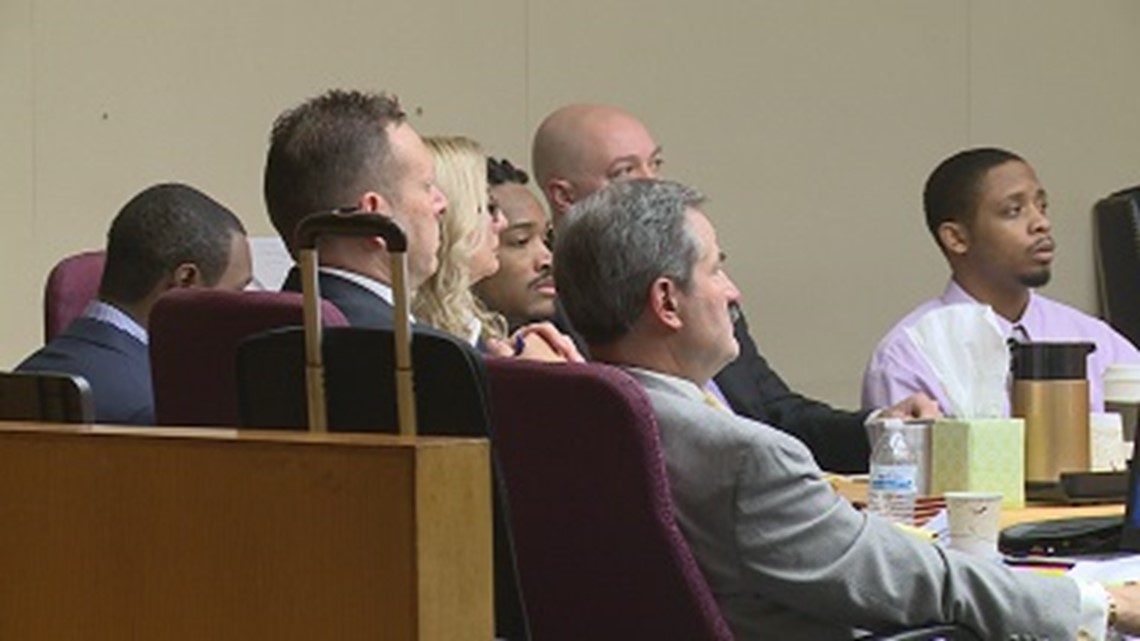
The American Civil Liberties Union has filed a brief in support of the defense's argument that the men were exercising their First Amendment rights in taking part in the video.
Appeals Court Judge Robert Wedemeyer said he, McMullen and Dyer would consider the oral arguments, review court papers and "get an opinion issued in due course."
If the appeals court rules against the three defendants, the defense will almost certainly seek a review by the Tennessee Supreme Court.

